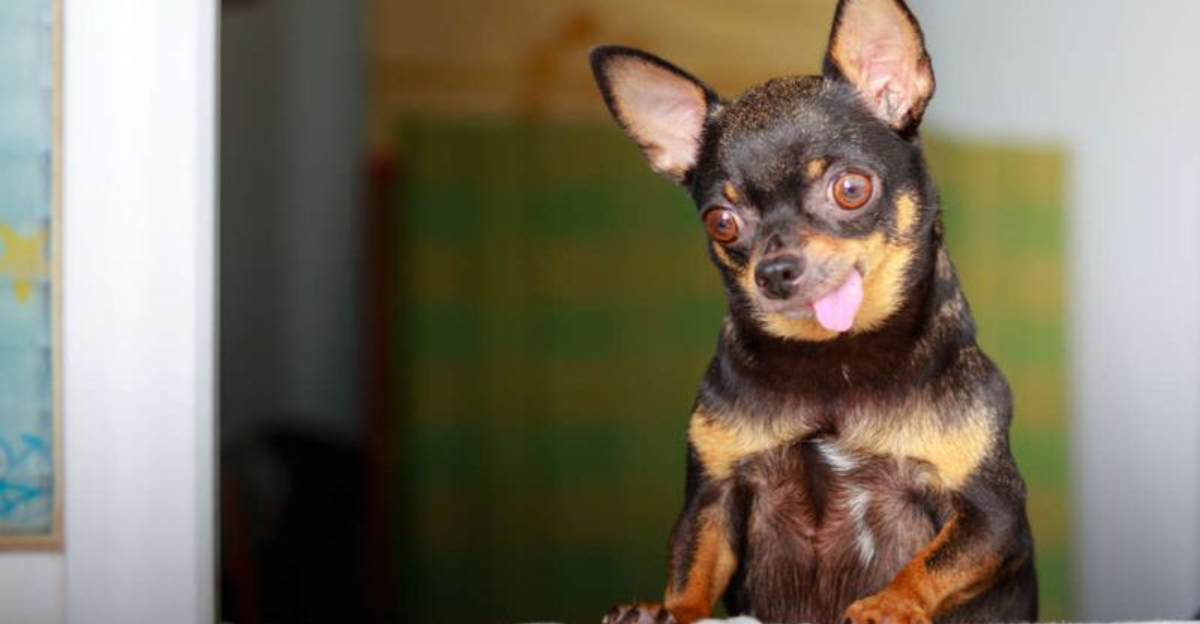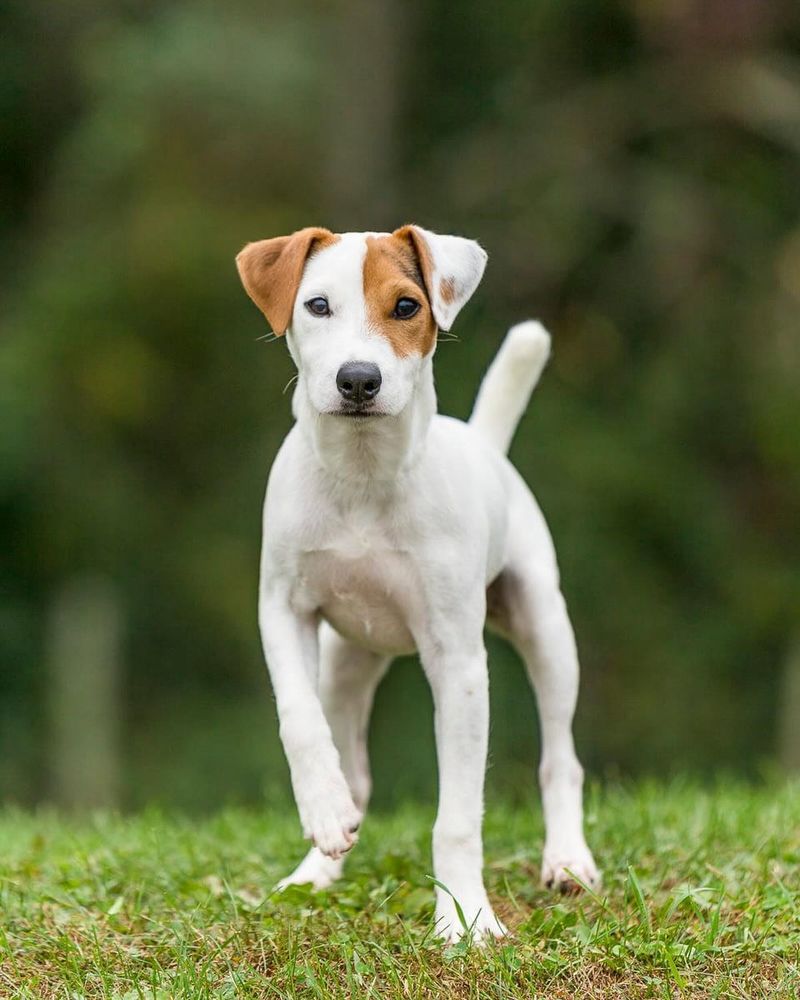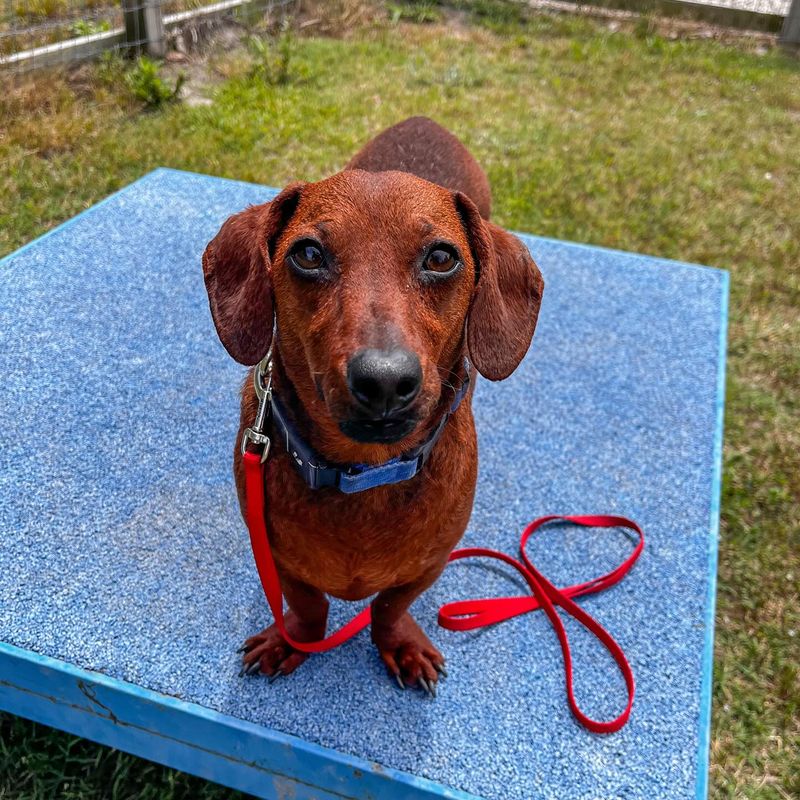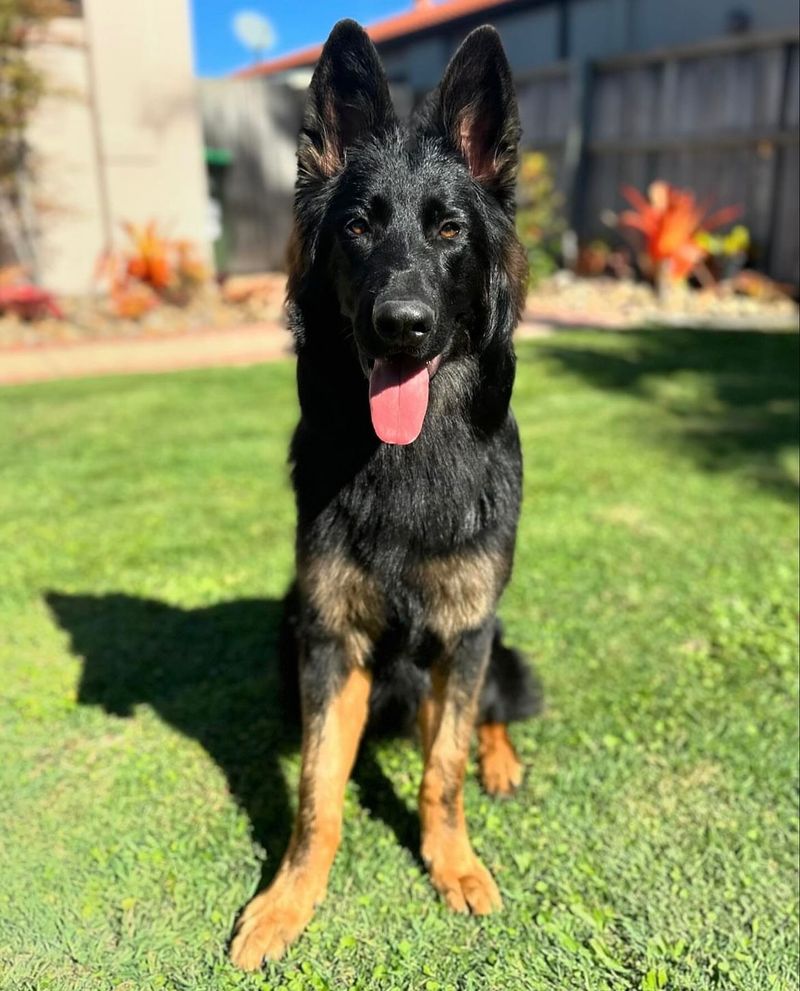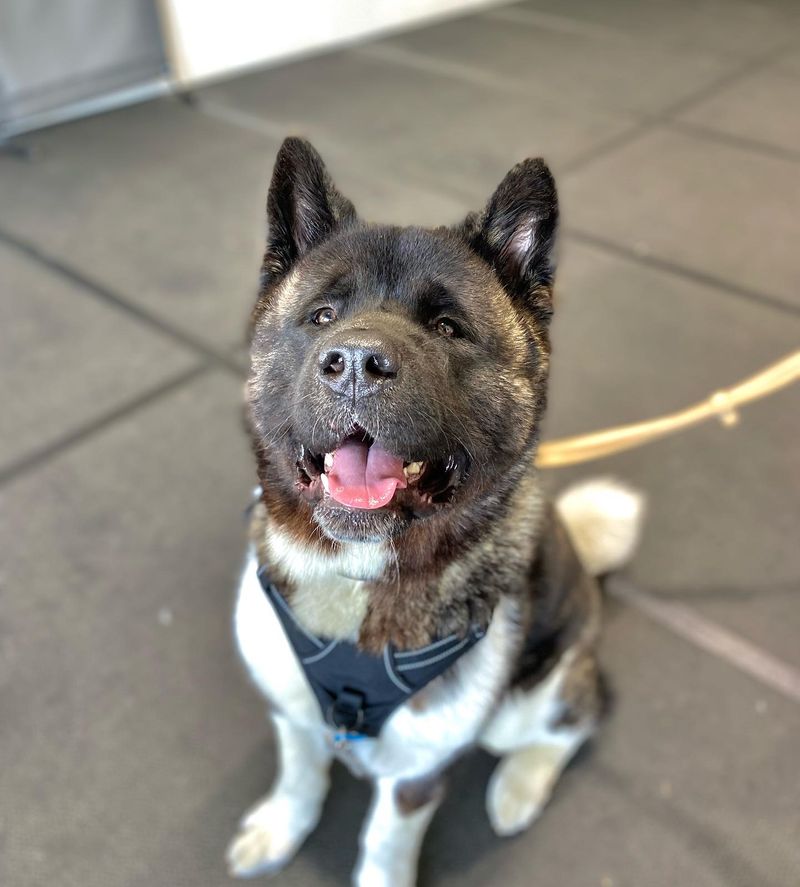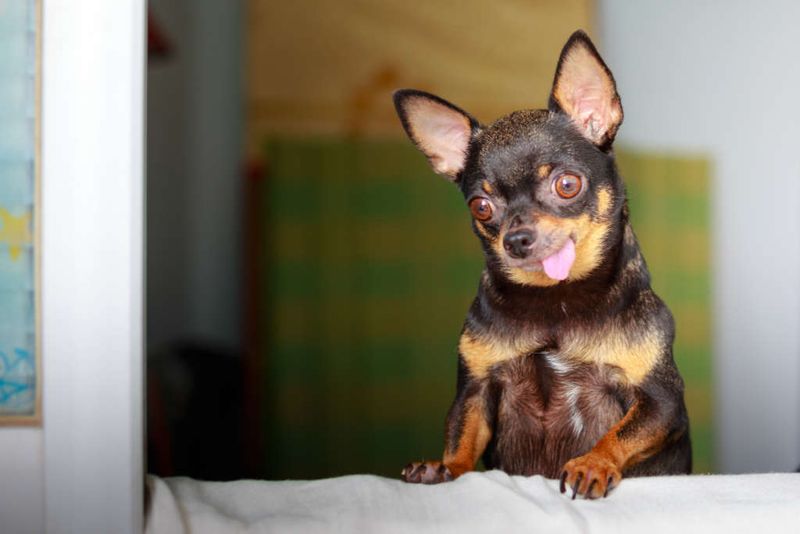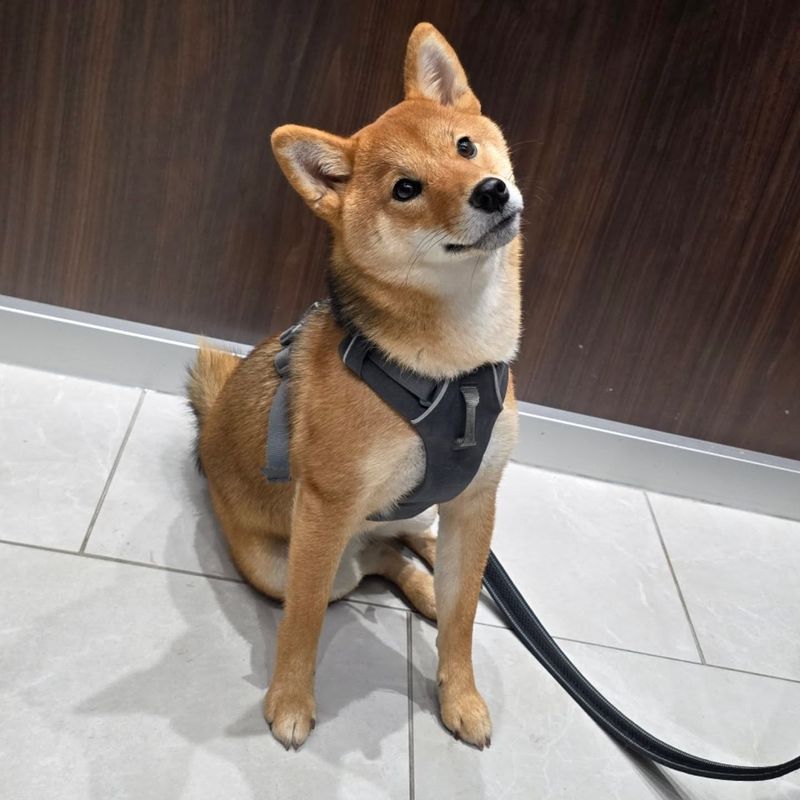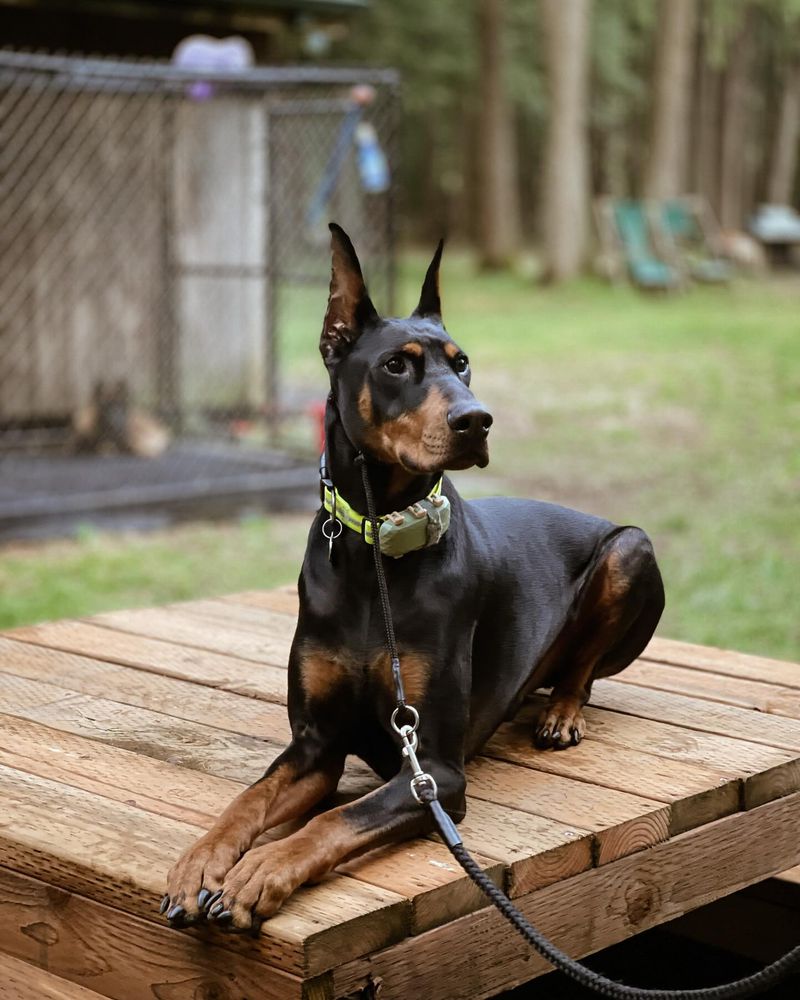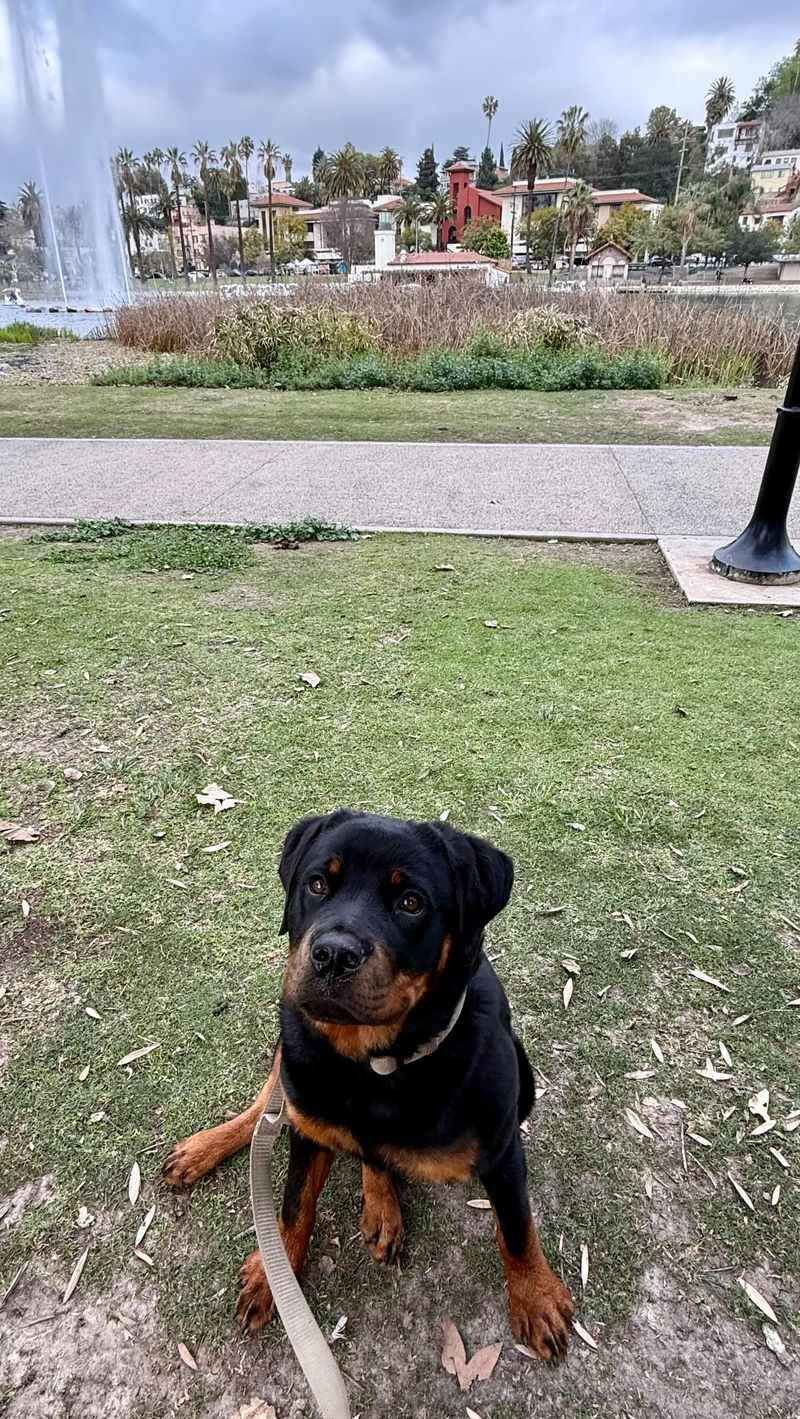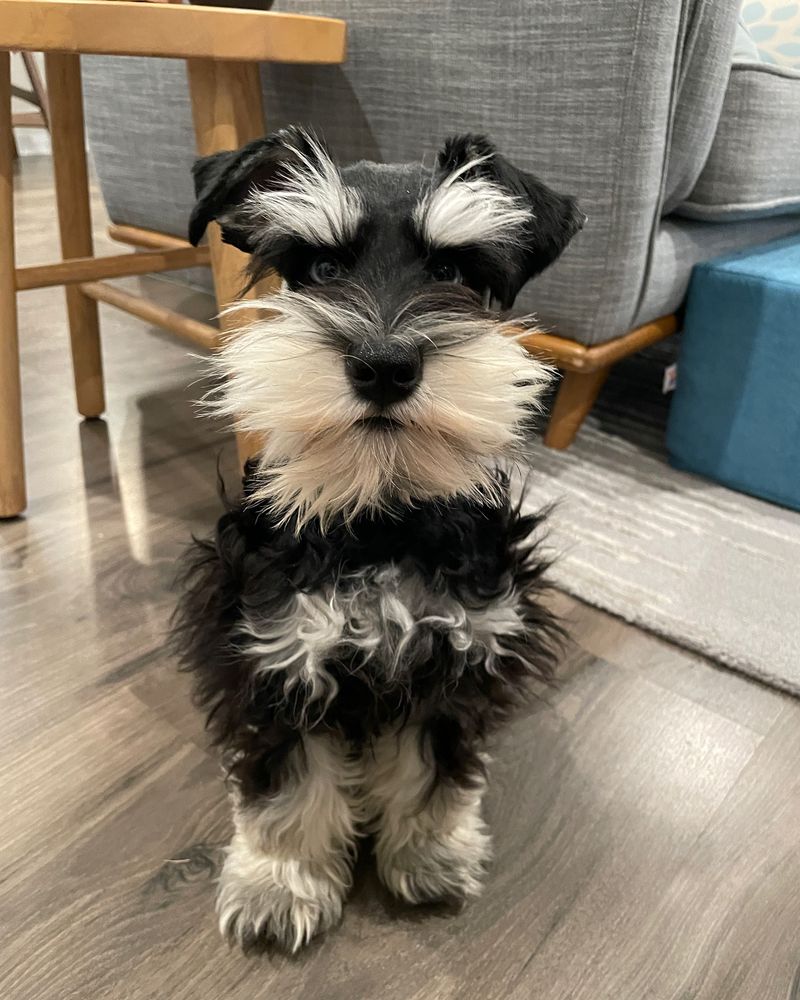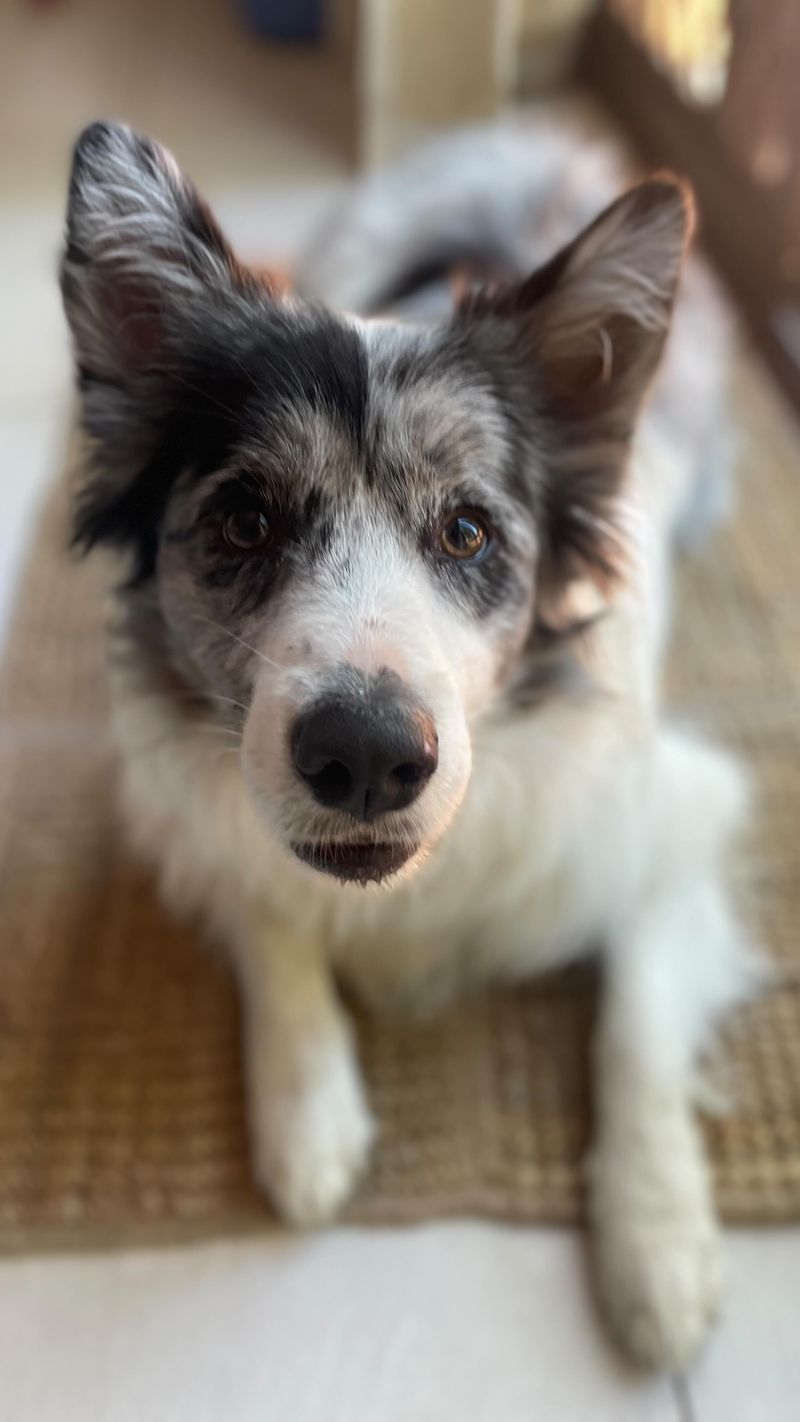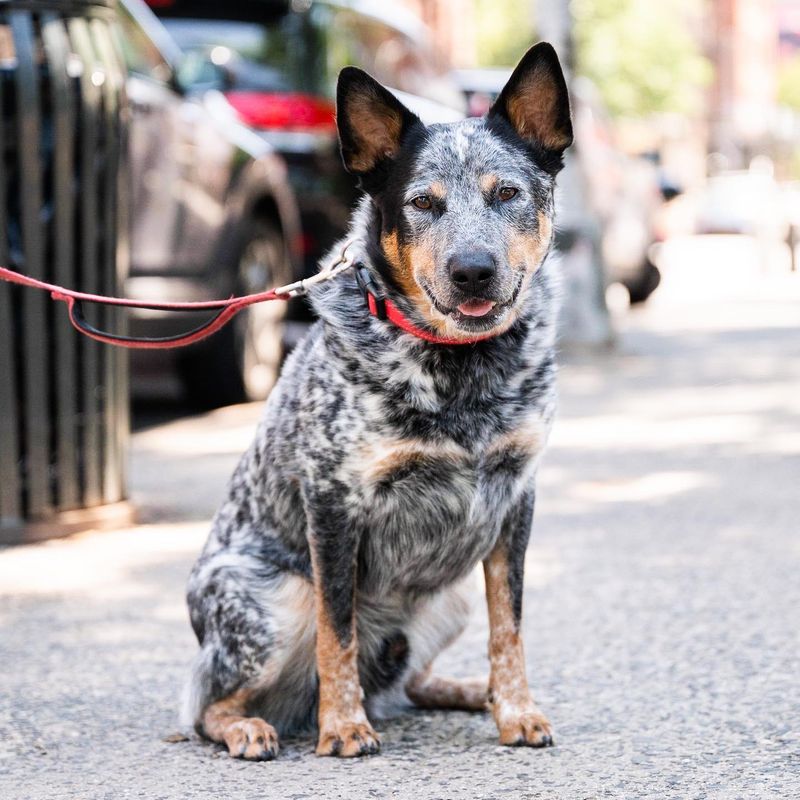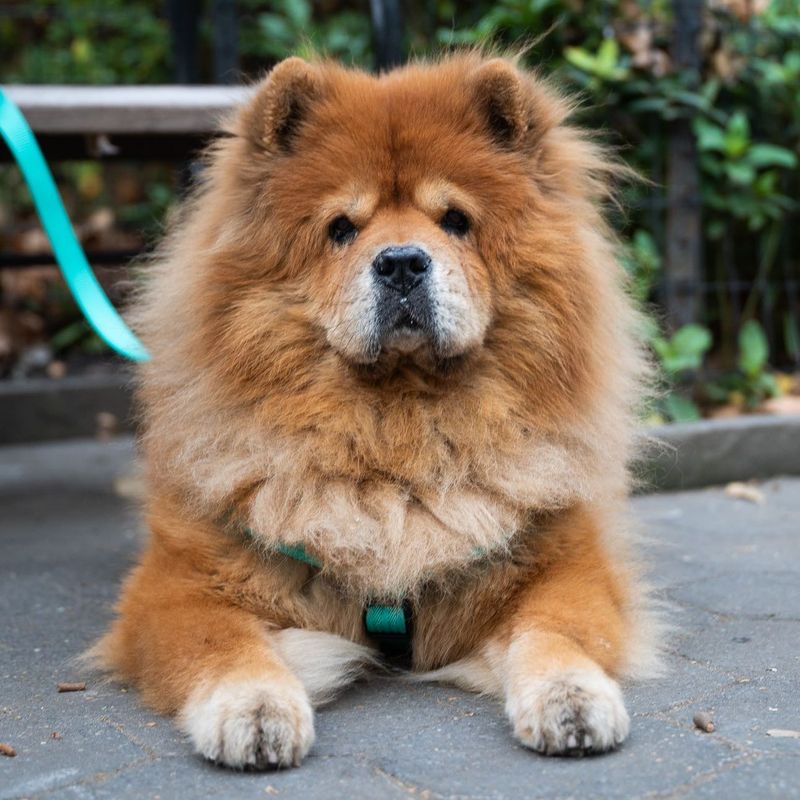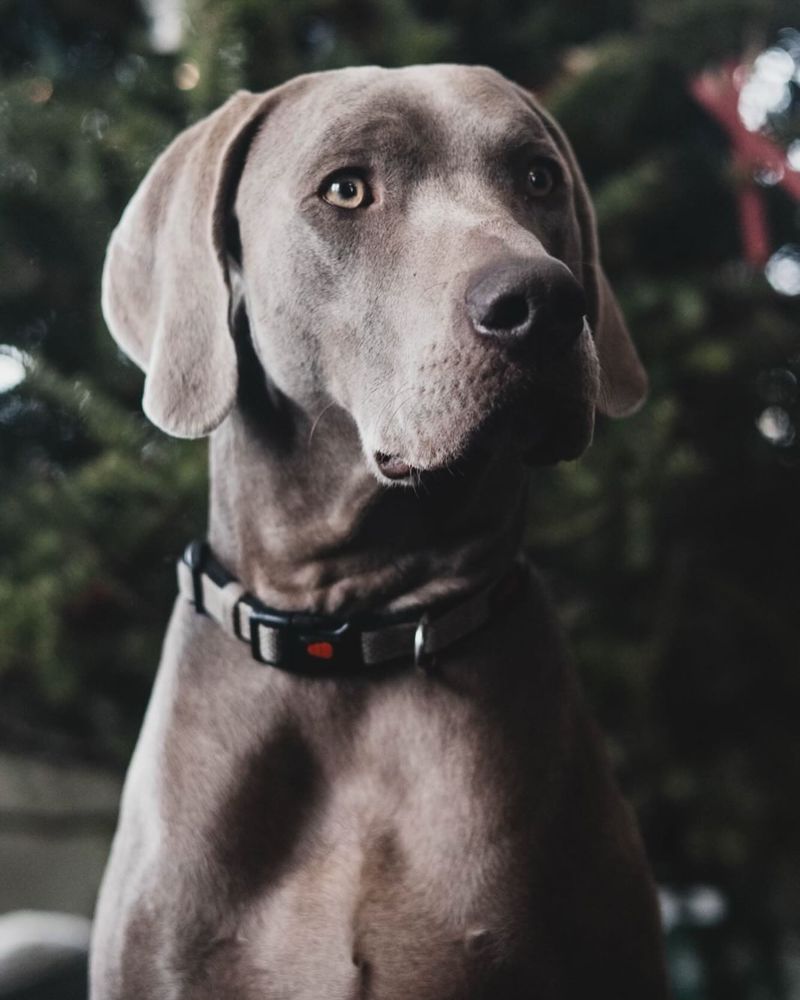Some dog breeds, while lovable and loyal, can be quite reactive, especially around other pets. This reactivity may stem from their protective instincts, territorial nature, or simply their upbringing. In this guide, we explore thirteen dog breeds that might find it challenging to live harmoniously with other animals. Whether you’re a multi-pet household or considering becoming one, understanding these breeds’ tendencies can help in creating a peaceful environment. Each section offers insights into the breed’s behavior, unique traits, and the considerations needed when integrating them with other pets.
Jack Russell Terrier
Jack Russell Terriers are known for their high energy and intelligence. With their hunting background, they often exhibit strong prey drive, making them reactive towards smaller animals.
This breed thrives on physical and mental stimulation, so regular exercise is essential. Without it, their energy can turn into restlessness, leading to potential conflicts with other pets.
Early socialization is key to managing their reactivity. Engaging them in interactive play helps channel their energy positively, reducing chances of aggressive behavior.
Dachshund
Dachshunds, with their long bodies and short legs, were originally bred for hunting badgers. Their strong prey instincts can make them reactive, especially towards smaller pets.
Their curious nature often leads them into trouble, as they love exploring and chasing anything that moves. This can be controlled with proper training and supervision.
While they can be loving companions, they need to be introduced slowly to other animals. Patience and consistent training can foster a peaceful coexistence with other pets.
German Shepherd
German Shepherds are revered for their intelligence and loyalty. Their protective nature often manifests as reactivity, particularly when they sense a threat to their family.
Known as one of the best working breeds, they require substantial mental and physical stimulation. Without it, they may become restless and react poorly to other animals.
Proper training and socialization from a young age are crucial. These dogs need a confident handler who can guide their protective instincts positively.
Akita
Akitas are known for their aloof and dominant nature. Bred originally as hunting dogs in Japan, they possess a strong prey drive. This can make them reactive towards smaller pets.
They are incredibly loyal but can be wary of strangers and other animals. This breed thrives on respect and needs a firm yet loving hand in training.
Consistent socialization from a young age is vital. Though they may not be the best fit for homes with multiple pets, with the right guidance, they can coexist peacefully.
Chihuahua
Despite their tiny size, Chihuahuas have large personalities. Their spirited nature can sometimes lead to reactivity, especially around larger dogs. Often, this stems from a place of vulnerability.
Due to their size, they may feel the need to assert themselves more aggressively. This can occasionally result in conflicts with other pets. Chihuahuas are fiercely loyal to their owners, amplifying their territorial instincts.
When socialized properly, they can coexist peacefully. However, always introduce them carefully to new animals to ensure a harmonious environment.
Shiba Inu
Shiba Inus are known for their spirited and independent nature. Their cat-like aloofness can sometimes translate into reactivity towards other animals.
These dogs have strong hunting instincts, often causing them to chase smaller pets. It’s crucial to introduce them gradually to new environments and companions.
Despite their challenges, they are highly intelligent and can adapt well with proper training. Patience and consistency are key to helping them integrate harmoniously with other animals.
Doberman Pinscher
Doberman Pinschers are renowned for their elegance and loyalty. Their protective instincts can sometimes lead to reactivity, especially around unfamiliar animals.
This breed thrives on structure and leadership. Regular training helps channel their instincts positively, reducing potential conflicts with other pets.
Socialization from puppyhood is crucial for a well-balanced Doberman. With proper guidance, they can be gentle and loving companions, coexisting peacefully with other animals.
Rottweiler
Rottweilers are powerful, confident, and loyal. Their protective nature can sometimes make them reactive, especially if they feel their territory is invaded.
Early socialization and training are essential to manage their instincts. They thrive in environments where they feel secure and are given clear boundaries.
With proper guidance, Rottweilers can live harmoniously with other pets. Their intimidating appearance masks a gentle heart when raised in a loving environment.
Miniature Schnauzer
Miniature Schnauzers, with their distinctive beards and energetic nature, can be quite reactive. Their background as ratters means they have a strong prey drive.
They are intelligent dogs that require mental and physical stimulation. Without it, their energy can become misdirected, leading to potential conflicts with other pets.
Proper training and socialization are vital. With guidance, they can be affectionate companions who adapt well to living with other animals.
Border Collie
Border Collies are known for their intelligence and herding instincts. Their high energy levels can make them reactive, especially if not adequately exercised.
They excel in environments where they have a job to do. Without sufficient outlets for their drive, they may become restless and react poorly to other pets.
Training and socialization are crucial to manage their energy and instincts. With the right guidance, they can be harmonious companions in a multi-pet household.
Australian Cattle Dog
Australian Cattle Dogs, known for their stamina and intelligence, can be reactive due to their herding instincts. They thrive on work and need regular mental and physical stimulation.
Without it, their energy can lead to restlessness and potential conflicts with other pets. Early training and socialization help manage these instincts positively.
When given proper outlets, they can be affectionate and loyal companions, capable of coexisting with other animals in a controlled environment.
Chow Chow
Chow Chows are known for their lion-like appearance and independent demeanor. Their aloof nature can sometimes appear as reactivity towards other animals.
They require a patient and experienced owner who can guide their instincts positively. Socialization from a young age is crucial to manage their territorial tendencies.
When raised in a loving environment, they can become gentle companions. With the right training, Chow Chows can adapt to living with other pets, though their independence remains.
Weimaraner
Weimaraners, with their sleek, silver coats, are energetic and intelligent. Their hunting background can make them reactive, especially towards smaller pets.
They thrive in active households where they receive ample physical and mental stimulation. Without it, they may become restless and react poorly to other animals.
Training and socialization are essential to manage their instincts. With proper guidance, Weimaraners can be loving companions who adapt well to living with other pets.
